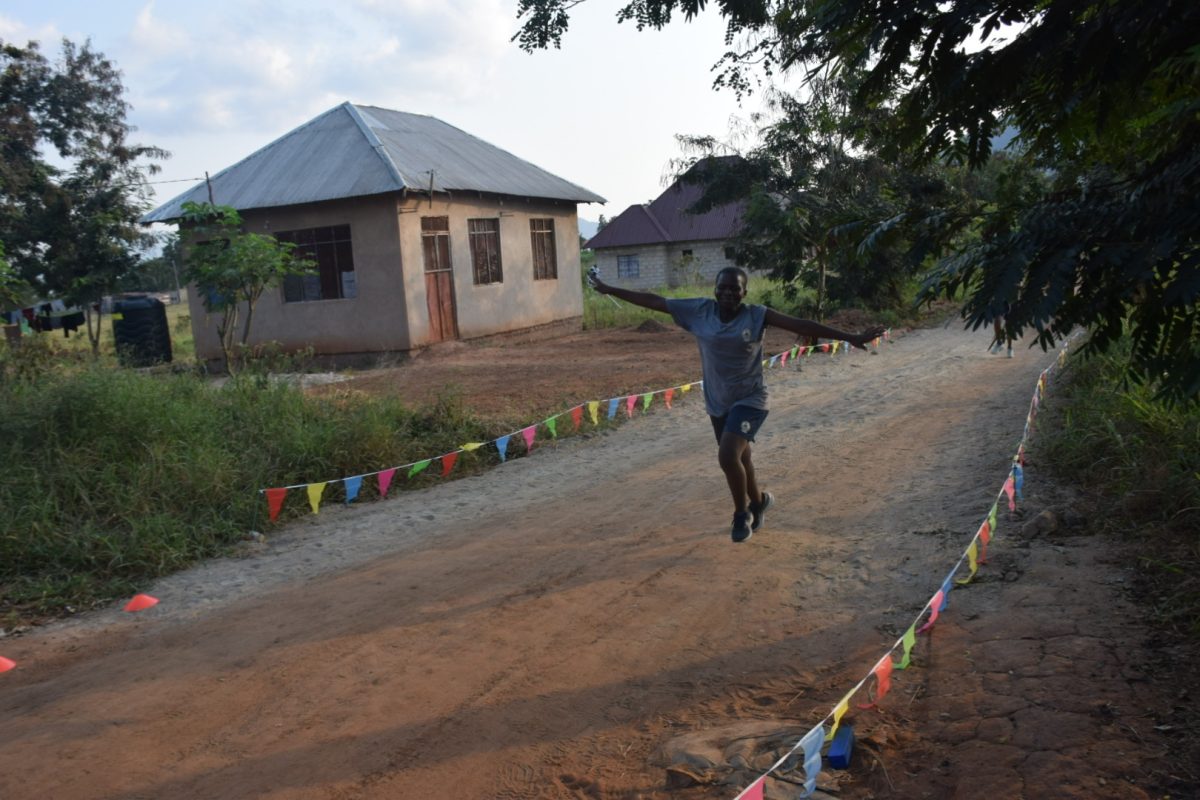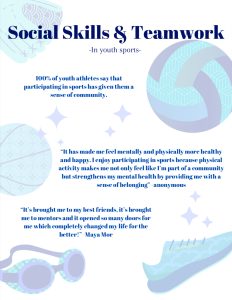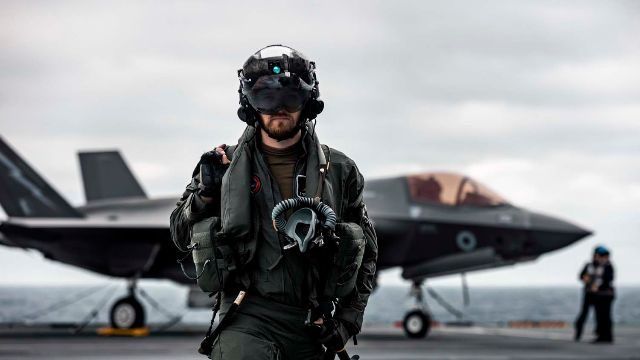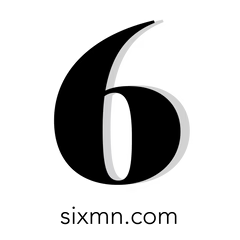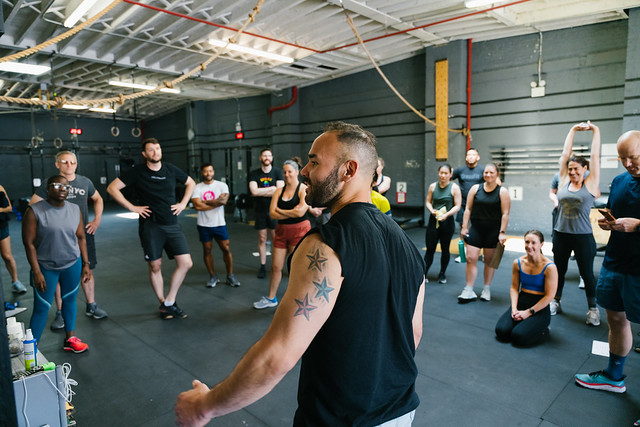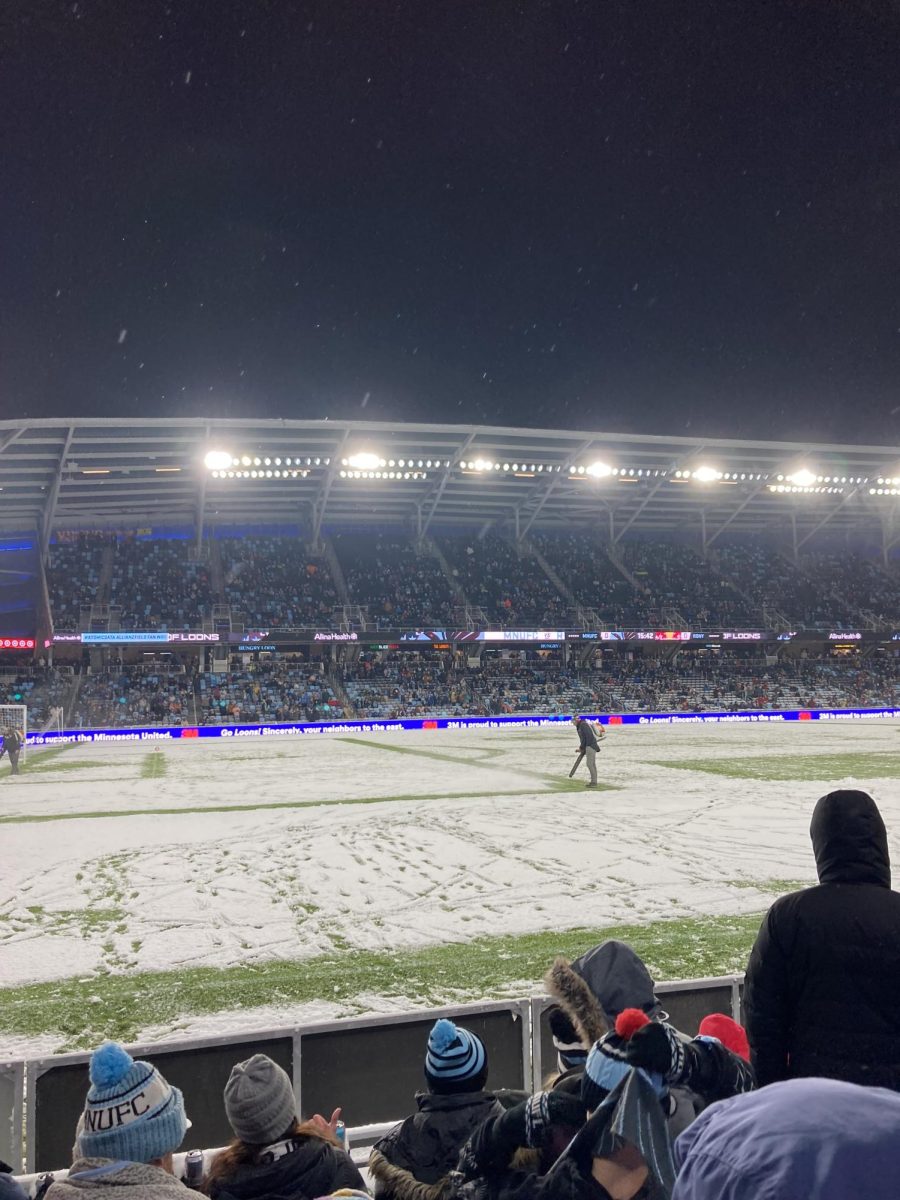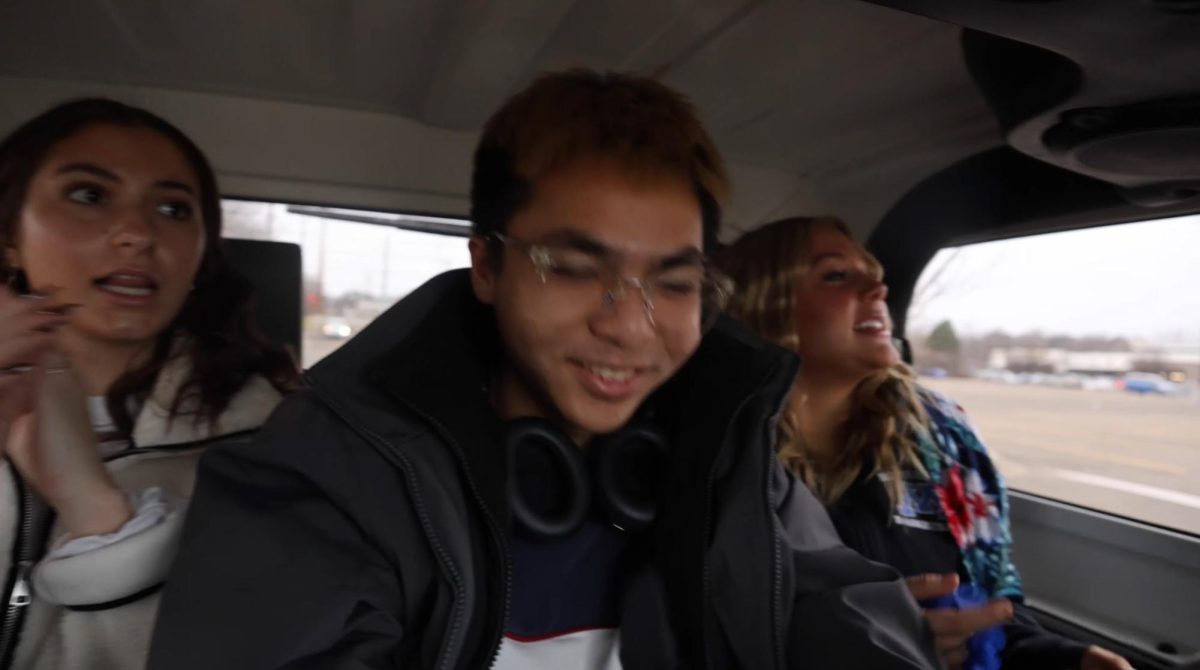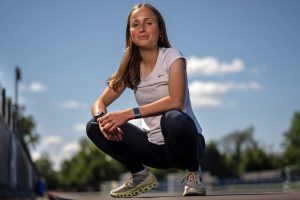
-Q&A With Maya Mor-
Maya Mor is a Minnetonka High School alumni and continued her education at Georgetown University. She is also the creator of the non-profit organization Girls Run Global. Maya is an extremely very kind person, and shows her kindness all around the world.
Q: Do you feel like being involved in sports has given you a sense of community?
A: Yes of course, being in sports teaches you skills and builds your life in ways that transcend outside of it. That is one of the driving reasons in why the main goal of Girls Run Global is to kind of, be able to translate those skills to girls that can benefit most. So whether that’s confidence, leadership, communication, discipline and hard work. All of those skills help you in the classroom and in your social life, anything that you want. It has brought me to my best friends, it’s brought me to mentors and it opened so many doors for me which completely changed my life for the better and again that’s what Girls Run Global kind of shares with other people!
Q: What inspired or motivated you to create Girls Run Global?
A: Ot wasn’t necessarily like an “Aha” moment where I was on a bike ride or on a run and it came to me, but like I said I grew up playing soccer and watched the Women’s National Soccer Team campaign for equal pay and opportunity and in third grade I did a presentation on why girls soccer players should play on grass like the boys instead of the turf! Advocacy for gender equality particularly in sport has something that I’ve been passionate about since I was little. It continued into high school. I started our Voice in Sport chapter, I worked with Voice in Sport on The Fair Play Act, which is related to Title 9. So, any chance I could get, of course combining that love for the sport that I played, which at the time was soccer and also that passion for advocacy was really exciting.
Q: Did you have a vision of what you wanted to do?
A: Yes, I’ve kind of had this long term vision, a long existing vision of sport being a powerful tool for empowerment. When I decided to take my gap year, I took it because I was hurt, so I took the gap year and I decided so late that I was potentially going to go. If I didn’t get an internship, which was my documentary production internship in the end. But if I hadn’t, I was going to go travel in Sub-Saharan Africa and climb Mount Kilimanjaro, very casual, I know! *Laughs* It was the first time that I didn’t have any commitments really, and I wanted to do some sort of charitable work. I wanted to do something that I was really passionate about and so I thought “Okay like sports. I would love to just bring out some running gear” and whether that was just to bring out gear or like lead a little camp or something, I thought like “okay that could be cool”. So I reached out to some schools, one school, the school we ended up partnering with took the bait and from there I learned and realized that this could be something really successful and nobody else was really doing anything like it, and that’s when the idea for a more comprehensive non-profit came and it was this, again combination of my love for running with that passion for gender equality in sport. And so I started drawing out a logo in my basement and building a website, it was really a backwards order. Then I started doing the legal stuff like putting together a board of directors, thing like that the formal things. I think my personal experiences combined with the belief that, and again that belief came from my personal experience, that sport can change girls’ lives and just the world in general, is what sparked that initial idea. Then the rest is history!
Q: Where do you see yourself going in the future?
A: We’ll start with Girls Run Global – I mean, its name is Girls Run Global, I do want to take it world-wide. We’re currently working to expand it to other countries. Right now we’re looking at El Salvador and Burundi as our next countries and the schools there. I envision it to be long term, a big organization that operates around the world and it’s a lofty goal and it takes time and that’s not something I see happening for years but also there’s a good chance that we stop and just focus on this first school
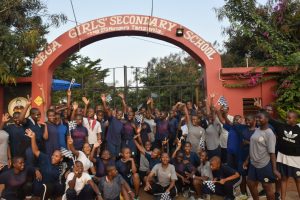
. And I think that sometimes I get worried that that feels like a failure but if we can impact, we’ve already impacted 140 girls lives and like that is not something to take for granted because then they go on to uplift their communities and future generations of girls.
Q: Where do you see GRG long term?
A: I think long term, I envision us taking this to other countries and impacting as many girls as possible. I think that small scale change also should not be kind of knocked, and yeah I think that that’s where I see that going.
Q: As far as yourself, where do you see your future?
A: As far as myself, that’s a question I ask every single day! When I hear that question in an environment like Georgetown and like school it’s like “what do you want to do with your life” and honestly I don’t know – like I really have no clue to be honest even in the slightest BUT that’s okay I’m figuring it out and I think more broadly I want, I guess with my own running career like staying healthy and continuing to maximize my own potential in this sport. I really do have big goals, and I’m starting to get a glimpse of what I always believed I could do and that’s really exciting and so I just really want to stay healthy and fully maximize my own potential but also I feel like I’ve been able to learn a lot of lessons that sometimes it takes people years or decades to learn because of all of the hard stuff that I’ve been through in running and so I think again with Girls Run Global but also just like how I see myself as a member of a team I hope to be a good role model for other people the same way that I’ve had older girls kind of pave the way for me. That’s what I hope to do in sports and what I do with the rest of my life remains to be seen!
Top 10 Benefits of Sports for Youth-
- Physical Fitness: There are many benefits to an individual’s life by being physically active, the most important being that it improves sleep quality. Being physically active helps to regulate sleep patterns as well as improving deeper and more restful sleep.
- Teamwork Skills: Teamwork skills are a critical part of the development of one’s life, the top three most important aspects are communication, collaboration and conflict resolution. First, success in sports often hinges on clear and effective communication, whether it’s calling for a pass, giving feedback, or strategizing as a team. Secondly, athletes learn how to work together toward a shared goal, recognizing that every player’s effort contributes to the team’s success. Finally, in competitive environments, disagreements can arise. Sports teach players how to address and resolve conflicts respectfully to maintain team harmony. These are skills that can be used in many aspects of their lives, and it is good practice to be exposed to them at an early age.
- Discipline and Time Management: When introduced to an environment where time is of the essence, having discipline and being able to manage your time is a key part. Whether it is balancing priorities, setting goals or meeting deadlines, these are features that set you up for success.
- Self-Confidence: Sports are a fantastic way to nurture and build self-confidence in young individuals by skill development, overcoming challenges, celebrating success while also learning from mistakes.
- Social Connections: By being involved in sports, it allows you to easily create friendships and connections, learning social skills at an early age in addition to learning respect and understanding.
- Stress Relief: Physical activity has proven to help with stress relief by giving you an endorphin boost, mental focus and a destruction from your worries.
- Goal Setting: By setting goals in sports, it allows you to learn how to set goals in your life by encouraging you to be motivated as well as learning skills of discipline and accountability.
- Resilience: Skills of resilience are created in youth athletes by learning how to overcome failure, adapting to change and learning persistence.
- Leadership Skills: A key skill in life is learning how to effectively lead and manage a team when put in charge. Being in sports gives early exposure to leadership and the responsibilities that come along with it. It teaches you decision making skills, leading by example and decision-making skills.
- Healthier Habits for Life: Being included in sports at a young age teaches you habits that are critical for life, if it is either through just being physically active, by a balanced nutrition or creating a goal-achieving mindset, taking part in sports is the way to learn these skills!
-The Doors of Title 9-

Jane Reimer-Morgan is a remarkable coach and human. She has devoted nearly half a century to shaping lives and inspiring generations. Coach Jane has not only broken barriers but also inspired all of the people around her. Her unwavering commitment, unmatched expertise, and deep passion have left an indelible mark on the world of sports and beyond. She’s not just a coach; she’s a mentor, a role model, and the person you look forward to talking to every day at practice.
Her 48 years of coaching undoubtedly go beyond teaching technical skills or strategies. She’s shaped her athletes’ lives in profound ways, by going above and beyond to build character in her athletes, help them discover their potential and lead them to success, inspiring future generations but most importantly, creating lifelong bonds with her athletes. Her dedication and influence ripple far beyond her immediate athletes, impacting their families, communities, and even the broader sports world.
I hope you enjoy getting to know Coach Jane as much as I have. Her story is not only inspiring but also a testament to her remarkable character and achievements. It has been an absolute privilege to learn about her journey, and I trust you’ll find her just as amazing as I do.
“I always loved being outdoors and running. My father was a track coach, so from age four I went to all of his track meets with him, learned how to time, got all the food for all the boys, learned how to do splits before I was probably in the first grade and I just always loved running. So probably since the age of four I’ve just loved running. I actually bought a subscription to Track and Field News with my own money when I was nine.”
Coach Jane’s passion for athletics began at the young age of 4 and has only grown stronger over the years. From her earliest days on the field with her father, she has demonstrated a love for sports that continues to inspire her dedication as a coach today.
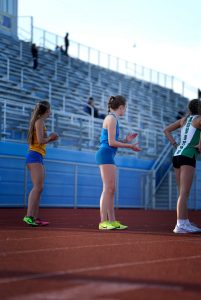
“Title Nine has come a long way but it still has a long way to go. We are almost there but I always want you girls to remember where you came from. I had a student teacher back in about 2000. She said to me, ‘Well, you know there’s a lot more athleticism now in girls then there was back when you were in high school.’ I just looked at her and I said ‘No, there’s not more athleticism, there’s more opportunity.’”
Coach Jane has consistently stood as a strong advocate for amplifying the voices of women in sports, championing their representation and empowerment. Women in sports have shown a productive kind of stubbornness by consistently calling for equal pay, resources, and recognition. Their resilience and refusal to settle for less have led to meaningful changes in policies and perceptions. Coach Jane makes sure to remind her athletes to continue to have a voice, and be stubborn in all of the right ways.
“You want stubborn girls because you want them to stand up for themselves. You want them to be assertive because otherwise we become wallflowers.”
“I remember starting out teaching. I spent 80 percent of my time working on the boys because they were always hooligans. They were always doing stuff, and then you’re saying, ‘they sit down or do this and do that’ then the girls are sitting there and like, well, this is it right?”
“So you want a stubborn girl, yes. But you don’t want them to be disrespectful, but you want them to be assertive. That’s what I want for you girls. Be assertive. I always say, ‘come and question me if you don’t understand why it really is the way it is, or why we’re doing this.’ I make mistakes, we make mistakes. We may change our mind, because you might have a valid reason. So if you don’t say anything, and you just let it stew in here, that’s doing you no good, and you won’t learn anything either. So it’s really important to be assertive. Some people have problems with assertive females, however, I think that that’s their problem.”
It is safe to say that Coach Jane has made a lasting impact on countless athletes. She has shown unwavering support, wisdom, and encouragement throughout her years as a coach. Her commitment to helping athletes reach their potential, even in challenging moments, have been transformative. She has not only shaped athletes, but also wonderful people by teaching resilience, discipline, and the importance of perseverance. Her passion for coaching and her genuine care for her athletes make Coach Jane an extraordinary role model.

